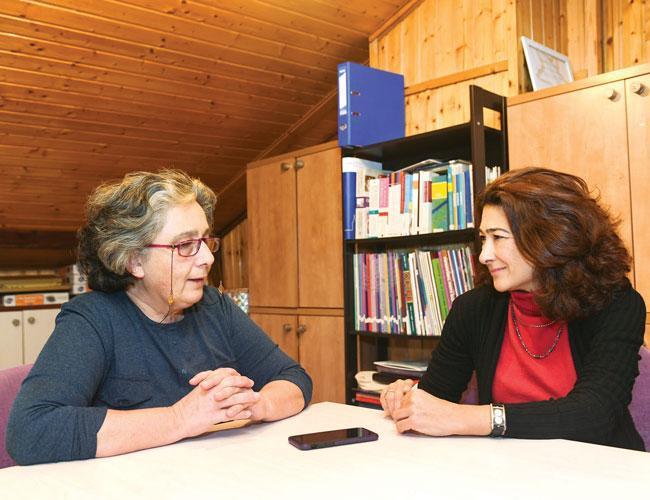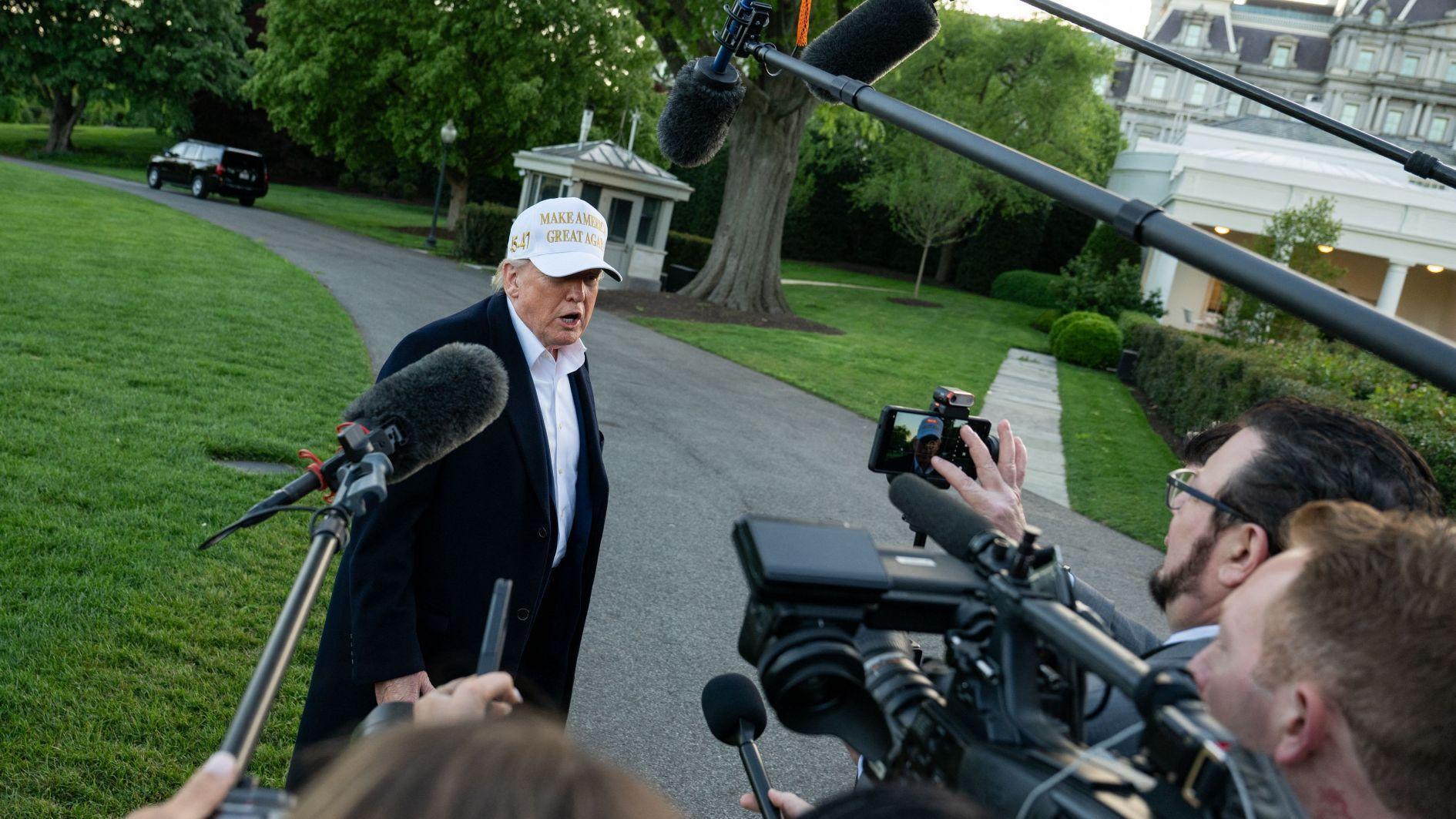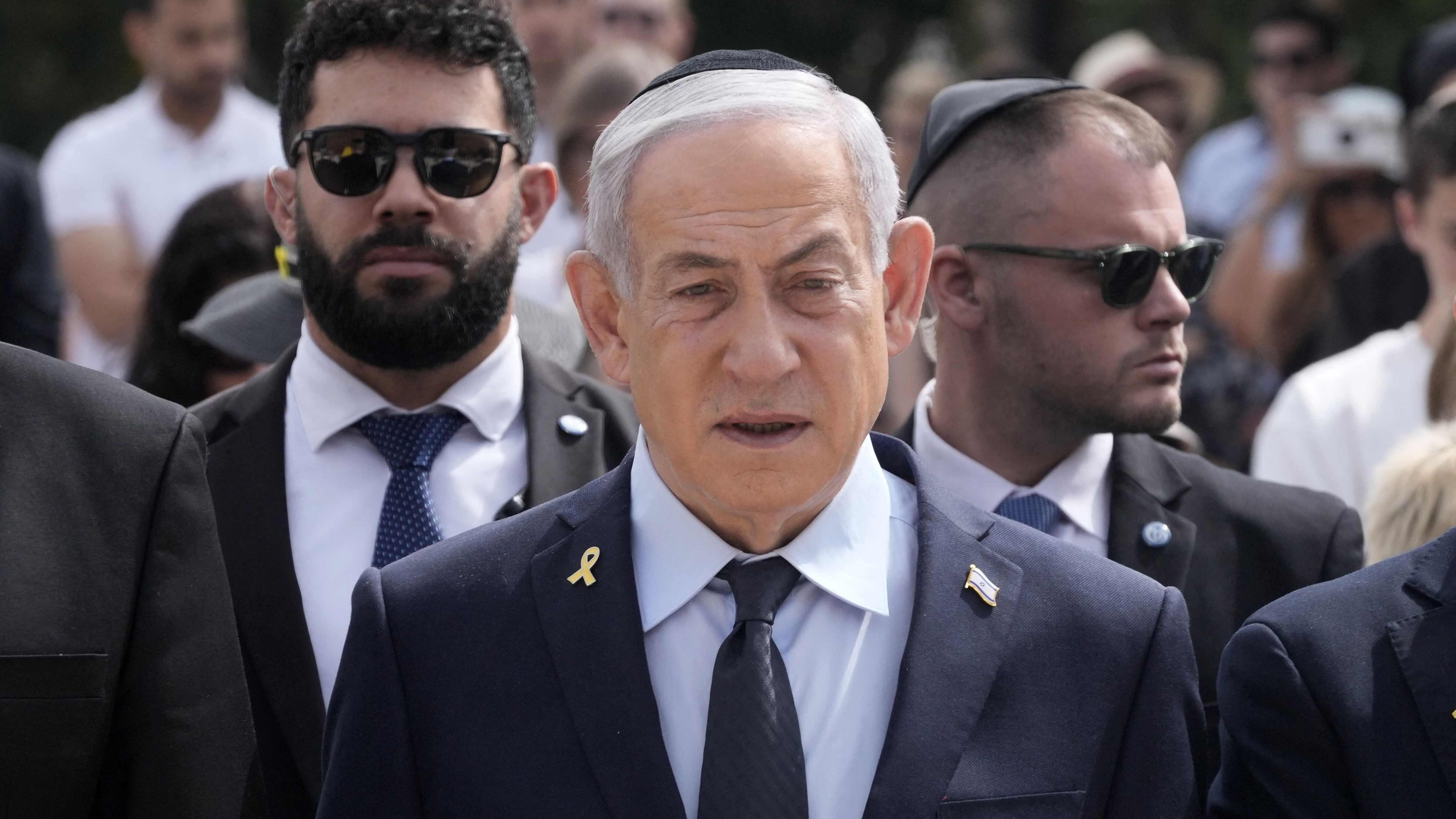Feelings of insecurity ‘a main problem among Turkish kids’

The continuous internal migration Turkey has experienced ever the course of the past decades is taking a toll on families and children, especially by creating feelings of insecurity, according to an NGO representative. “Being in the midst of uncertainty creates a feeling of insecurity,” said Filiz Ayla, the general director of the Blue Pen Association (Mavi Kalem), which is an organization that promotes social solidarity. She added that this increases the number of children at risk. The same phenomenon is valid for Syrian refugee children, Ayla told Hürriyet Daily News ahead of Universal Children’s Day on Nov. 20.
How was your association born?
Mavi Kalem came to being during the Marmara earthquake in 1999. We were a group of volunteers working in harmony and we decided to continue working, establishing Mavi Kalem in 2000 with three major target groups: Children, women and families affected by disasters and emergencies.
We started as an organization completely made up of volunteers but in 2005, we decided to become an institution. We were providing health scanning work in the Balat region and realized that children needed assistance. Since children were unable to receive educational support from their families, we decided to provide that support. In the beginning, it was difficult to convince families in 2002. We started with a handful of children but in a few weeks’ time, the number rose to 75. In these past few years, with the arrival of Syrian refugees, our works targeting Syrian children have increased as well.
Let’s talk about your observations.
We have conducted our program on children for 12 years. We have helped them with their homework by supporting them in courses they have difficulty in, like mathematics. In the summertime, we organized social activities. Some of the children we have worked with have gone to university.
For instance, one of them is now working as our administrative director. We have witnessed several changes in their lives. Upon their first arrival, when we used to ask them what they want to be in the future, their answers would be limited to “soldier, police or teacher.” Later, as they have come to interact with our volunteers from different walks of life, their answers have diversified to include “engineer and architect, etc.”
How would you define Balat as a region?
It receives intensive internal migration. Being displaced is an important cause of concern in children’s lives. There is a new place, a new need to become socialized again. There are different families coming from very different regions in Turkey and settling in different neighborhoods.
Those coming from the Black Sea settle in one neighborhood, those coming from Siirt in another, for instance. This has created a framework for serious discrimination, lasting until the arrival of Syrians. All have taken a different stance when Syrians came.
Turkey has witnessed continuous waves of migration in the course of these past decades. One can assume that a very serious number of children have been affected by this internal migration. What do you think are the most important problems in terms of these children?
The loss of the feeling of security. This is something that we witness not only in children but also in families. Being in the midst of uncertainty creates a feeling of insecurity. This is more so with children.
Their social protection networks have been disrupted. Aunt Ayşe, Uncle Mehmet next door, the small shopkeeper in the corner; they have all kept an eye on the children in the neighborhood, looking over them, protecting them. Once they change neighborhoods, they are foreigners until they become settled in the new location. Until then, the social protection network does not work for them, increasing their feelings of anxiety.
What are the consequences on society of the feeling of insecurity among children?
One of our projects is to support children under risk. They have adaptation problems to social spaces. They become more open to join illegal groups, gangs. They become more prone to criminal activities.
They come to a neighborhood where everyone is an internal migrant, so they have a common point. Why don’t they feel secure in this type of mosaic?
That is because it is not a mosaic. They have a perception that otherizes one another.
I have seen a similar approach in the first generation of families that went to Germany. They close themselves off and remain isolated. They start having a strong feeling of protecting themselves. So you end up having people applying for a job without feeling the need to learn German.
I see similar trends in internal migration. While living in their city of origin, they might not be that attached to the traditional attitudes of that city. Once they leave that city and come to a place where there are multiple differences, they hang to their traditional practices in order to protect and maintain their identity.
We are working with Syrian girls and have programs on health and body. A couple of mothers came and said, “We do not want our daughters to learn this. We do not want our girls to be like Turkish girls.” So they put a boundary. You can see the same pattern in internal migration; this (program on health and body for girls) is a problematic heading, for Kurdish groups or groups from the Black Sea region, for instance.
Since you have been here for the past 17 years, tell us what has changed and what has remained unchanged in terms of situation of children?
There are actually no extraordinary changes in terms of the problems. The low risks, remaining outside of the educational system, the obligation of taking care of siblings at home, as well as high risks, like cases of abuse that we have seen in the past, remain the same today as well. These risks are also the same for Syrian children. But there is a change in general in the society. The society has become more conservative in the course of these past 16 years; at least this is my personal observation. When I say conservative, I do not mean in terms of religion. I mean in terms of closing themselves off and differentiating themselves from others.
In the course of the first 14 years, we have come across only one or two mothers in this region who have said, “I do not want my child to work in the same class with ‘them.’” But lately, there are too many mothers who say they do not want their children to be in the same group with Syrian children. The rise in religious references in the educational system has started to affect their perspectives. In the past, they used to be more curious. Now, I have a feeling they are less curious.
How do you relate this to religion?
Religious references give the answer to all. It does not leave room for questioning. Therefore, it affects their interest to science, curiosity to life and to their planning towards the future. In the past, we could easily attract them to our efforts by triggering their curiosity. They could easily become excited to join us. This has become more difficult.
 WHO IS FİLİZ AYLA?
WHO IS FİLİZ AYLA?
Filiz Ayla is the founding member, general director and chair of Mavi Kalem, an organization that promotes social solidarity.
In 1987, she graduated from the Istanbul Faculty of Medicine and in the same year she became a member of the Turkish Medical Association.
Ayla received a certificate on family planning from the Health Ministry in 1993 and a certificate on occupational medicine from the Turkish Medical Association. She has worked as a freelance medical doctor and trainer.
She has coordinated several projects. Among them are the needs assessment of Syrian families living in refugee camps in Hatay and Gaziantep, a project consulting the pre-assessment of needs for disaster victims of the Van-Erciş earthquake, installation of a consultancy unit for disaster victims in Van and a computer training project for youth who were victims of the earthquake in Düzce.
















